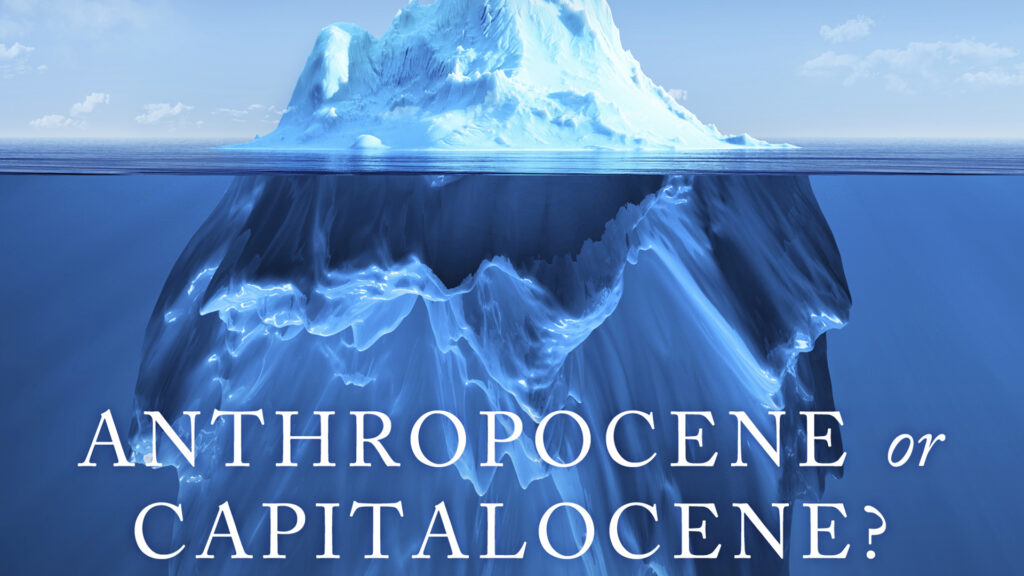“If you suffer from the misconception that most of the world is still too poor to buy anything at all, you risk missing out on the biggest economic opportunity in world history … Strategic business planners need a fact-based worldview to find their future customers” – Hans Rosling, in another instance at a business lecture.

Factfulness: Ten Reasons We’re Wrong About the World—and Why Things Are Better Than You Think (2018), Hans Rosling, where he writes much about how cynics tend to miss out on important positive facts, and therefore have developed a somewhat negative worldview. He states many facts, that are optimistic and positive and thus gives a view that the world is far better place than what it seems to be or portrayed.
If you find the above text, conflicting with what the book is intended to say, perhaps you are part of the population that the book is not intended for. Yes, the book definitely claims to be for everyone, he even goes on to say, that 5 billion people are above the poverty line and are potential consumers, but my thoughts disagree.
If you examined his other work and thoughts, he seems to have promoted major ideas of consumerism and I would like to additionally add to this that the idea of Gapminder, and Factfulness- that I tried to read, but failed, seems to suggest and put forth a mild consumerist debauchery. This leaves us with some questions : Why does Gapminder do what it does? Perhaps the motive is to promote some corporations/individuals? Are these statistics better for the consumerist society? – These are for one to decide on one’s own. In-fact, I might go on to add this this view of the world is not very pro-ecological and is conflicting with many other central, economic and ecological concepts and concept of sustainability and self-sufficiency. It seems to hold a somewhat apolitical stance at all this, and therefore lacks a gentle humanness.
On the other hand, I read another paper, The Rise of Cheap Nature(2016), Jason W. Moore, a totally concurrent perspective. Jason Moore argues that the natural resources considered cheap are easily exploited by capitalistic society and that development follows a Capitalocene era, as opposed to a Anthropocene. His argument is that there are economic , and socio-cultural forces that govern the creation of cheap(labour) resources/ natural resources. It has governed development, and has destroyed forests and mined land. I somewhat agree with this perspective and feel that one must look at social justice, in correlation to primary sector exploitation of natural resources, to make any sort of altruistic
difference. Reports that delineate very broad general terms, and guidelines without clear emphasis on political, socio-economic or cultural context, seems to fail at the most basic idea that man is nature and ‘others’ different groups; segregating and alienating different peoples and their livelihoods.
Does cynicism undermine development? My answer is no. I think it is necessary to be fact-full, but cynicism gives one the subjective tool to ideologically decide one’s position on the spectrum, based on a specific project or event etc.
I conclude by saying, take everything with a grain of salt and be grounded.

